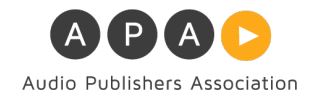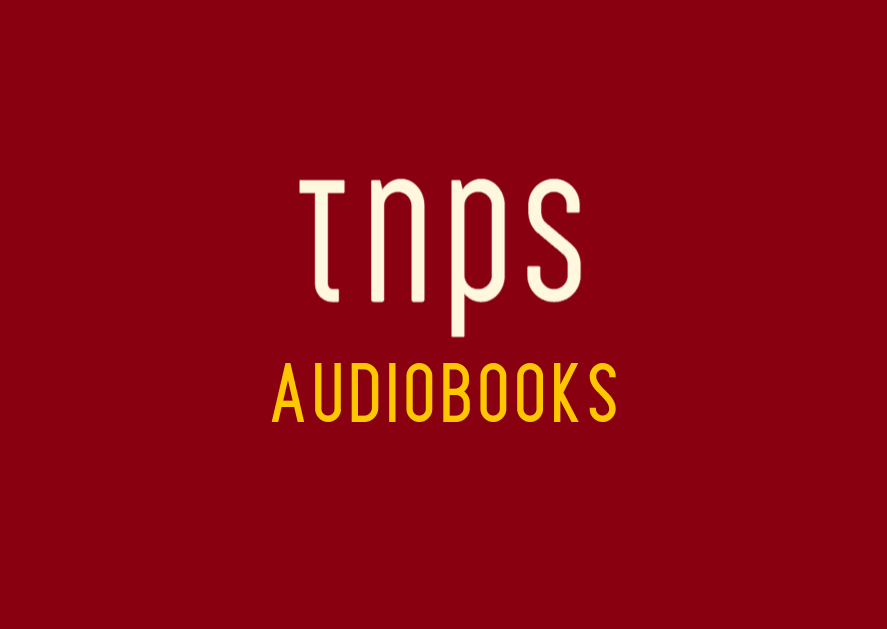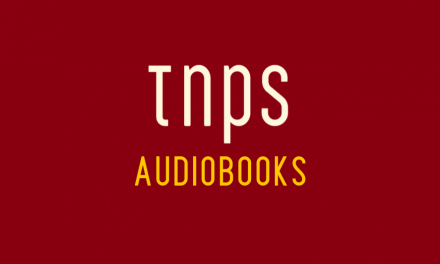One wonders just how many of the publishing industry’s decision makers that willfully object to the unlimited subscription model for books are happily consuming music, film, TV and other content using just such unlimited subscription services.
The US Audio Publishers Association’s annual survey of its consumer base concluded that audiobook sales had risen by 12% in the 2020 year of lockdown, confounding commentators who predicted a collapse in the audiobook market as commuters, traditionally the mainstay of the audiobook market, were forced to stay at home.
In fact commuter consumption fell only from 43% to 30% in 2020, while home consumption jumped from 43% to 55%, which by no coincidence almost exactly matched the depressed commuter audience figure.
That of course would have just left the US audiobook stats even for 2020, but then of course came a new wave of audiobook fans who had extra time to explore the possibilities audiobooks offered.
That led to the overall US audiobook market rising 12% by value to $1.3 billion.

38% of respondents to the AAP survey said they used a subscription service, and we can safely assume that mainly meant Amazon-owned Audible, given there are few other meaningful options available in the US, where publisher resistance to unlimited subscription remains strong.
The upshot of that being US publishers have for yet another year allowed Amazon’s leverage over the US book market to strengthen, while foregoing untold extra revenue from, and consumer discovery of, audiobooks.
By denying consumers access to unlimited digital book consumption publishers continue to fly in the face of consumer trends, maintaining their historic gatekeeper role determining what and how content can be consumed.
One wonders just how many of the publishing industry’s decision makers that willfully object to the unlimited subscription model for books are happily consuming music, film, TV and other content using just such unlimited subscription services.





